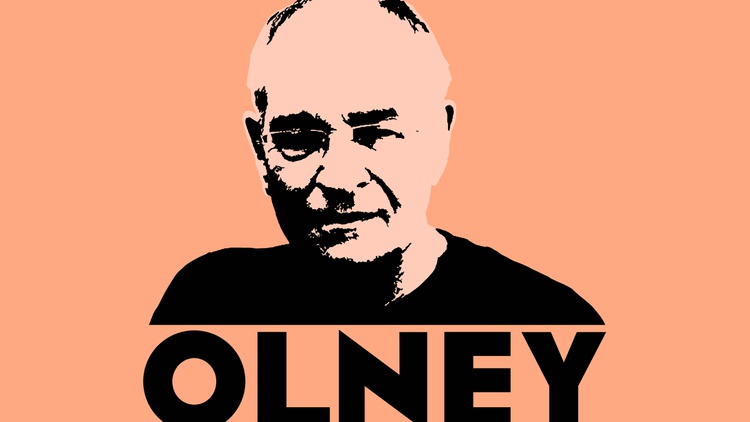Professor of Economics at the University of Chicago and author of The Redistribution Recession: How Labor Market Distortions Contracted the Economy; contributor to the New York Times' Economix blog
Casey Mulligan on KCRW
More from KCRW

Should we re-frame our idea of ‘working class’ voters?
PoliticsDoes “working class” mean what it used to? Is fracking getting more attention than it deserves? Plus, KCRW examines what came out of one culture war in Lancaster, Pennsylvania.

UnitedHealthcare CEO assassination exposes divergence of America's justice system
PoliticsThe assassination of Brian Thompson, the former CEO of UnitedHealthcare insurance company, has prompted a national reckoning of how corporate entities commit crimes on a daily basis…

Prop 3 is an insurance policy for same-sex couples, backers say
Election 2024Proposition 3 would enshrine the right for same-sex couples to marry in the California constitution. It would also repeal and replace language from 2008 that says otherwise.

Juan Cole: The antidote to Israeli propaganda
PoliticsGaza today symbolizes nothing but death, destruction and oppression.

Will Trump’s tone shift on staying out of Syria?
PoliticsShould the U.S. worry about post-Assad Syria? What’s behind the support for the man who fatally shot UHC’s CEO? Plus, KCRW discusses how sports fandom crossed into politics.

Got parking in Inglewood? Congrats, you’re winning
TransportationWith the new stadiums in Inglewood, businesses with parking are thriving, while those without feel the city’s economic boom is passing them by.

Another sales tax for homeless services: LA voters to decide
Election 2024Measure A – on LA County ballots this November – asks voters whether or not to approve a sales tax hike to fund homeless services and affordable housing.

Why are public health experts wary of RFK Jr. as HHS head?
PoliticsWhat can we expect if RFK Jr. becomes health secretary? Will Trump take action on Dreamers? Plus, KCRW analyzes how progressives influenced the Democratic mandate.

Trump and Harris try distancing themselves from campaign mistakes
PoliticsKCRW provides an election outlook with a week to go. Can the electorate stop being driven by hate? Plus, what was the Washington Post’s real mistake?

